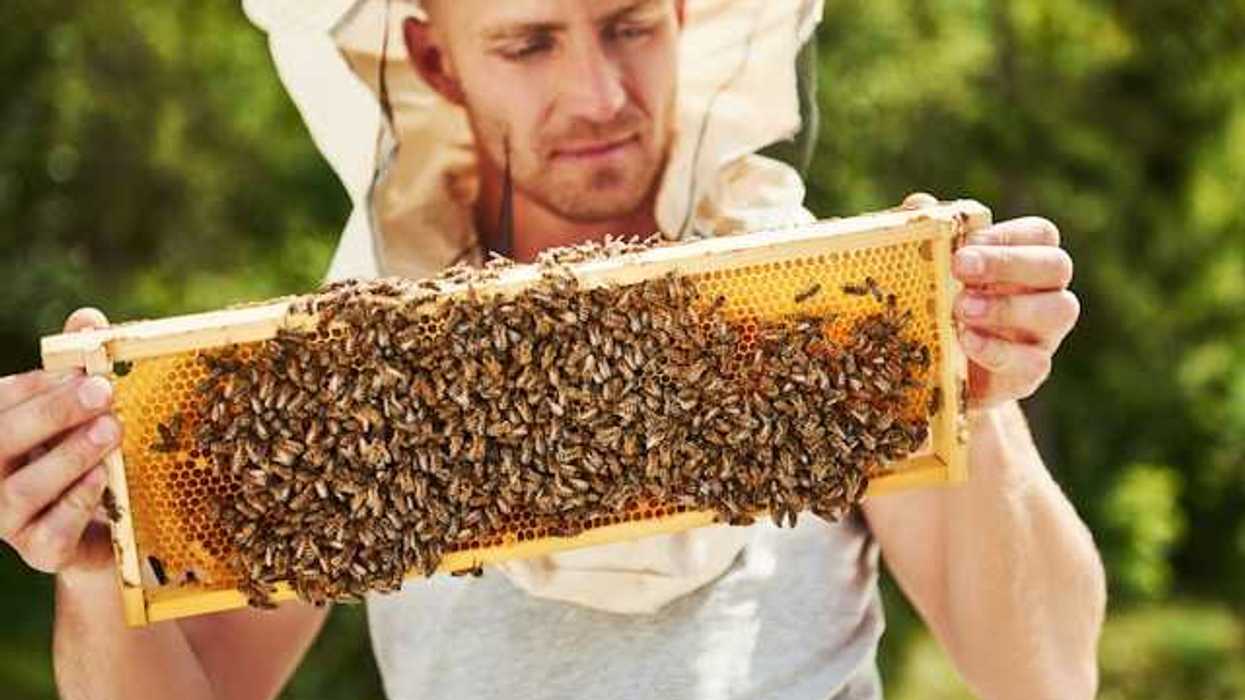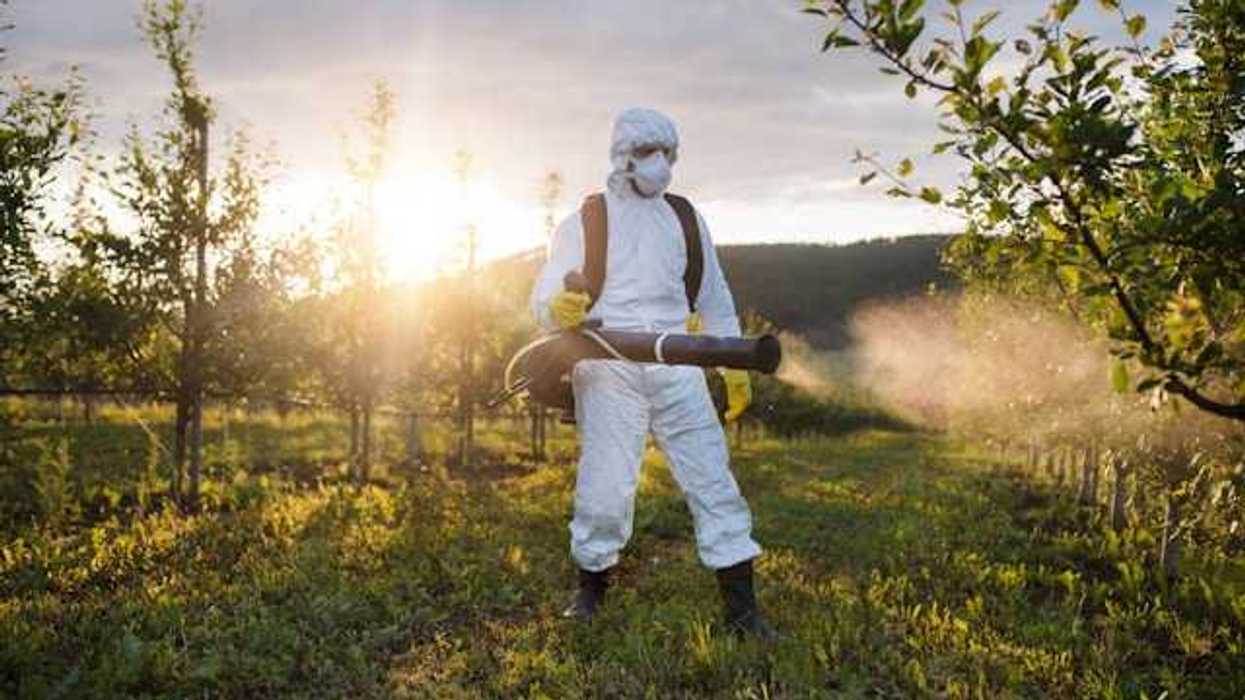While many previous studies have only considered the effects of individual chemicals, a recent study published in Environmental Research found that pregnant mothers’ exposure to multiple classes of chemicals increased their children’s risk of developing autism spectrum disorder (ASD).
In short:
- Cumulative exposure to a mixture of chemicals (including PFAS, parabens, organophosphates, phenols, and phthalates) was associated with a greater overall risk of both ASD and non-typical neurodevelopment.
- Each of the chemical classes studied were also associated with an increased risk of ASD, and some (including common chemicals in plastics like phthalates and BPA) were linked to non-typical neurodevelopment.
- The association with ASD was stronger for chemical mixtures than for individual chemical classes on their own, implying that interactions between chemicals may play a role in increasing risk.
Key quote:
“Our findings highlight the importance of considering multiple chemical classes with similar mechanisms of action (e.g., thyroid disruption) in epidemiological studies.”
Why this matters:
Individuals around the globe are constantly exposed to a wide variety of chemicals through interactions with the environment, consumer products, and even their food and water supply. Very few of these chemicals are regulated, and health risks are typically only considered on a chemical-by-chemical basis, ignoring the potential for cumulative effects. While regulatory bodies have started to acknowledge exposure to chemical mixtures, their approach to regulating those exposures is still too limited to account for the full scope of potential harm to human health.
Related EHN coverage:
- Exposure to BPA linked to a higher risk of autism in boys
- Current regulations miss threat of IQ loss from exposure to chemical mixtures
More resources:
- SafetyNEST provides resources on how to reduce environmental exposures while pregnant and at home.
- American College of Obstetricians and Gynecologists: Reducing Prenatal Exposure to Toxic Environmental Agents
- European Food Safety Authority (EFSA): Chemical mixtures
- Air pollution exposure during pregnancy linked to autism risk ›
- Exposure to BPA linked to a higher risk of autism in boys ›
- Autism and phthalates: Exposure in womb linked to autistic traits in boys ›
- A mother's exposure to pesticides during pregnancy may raise children's autism risk ›















